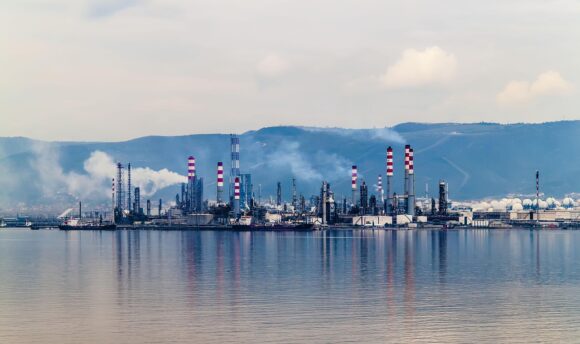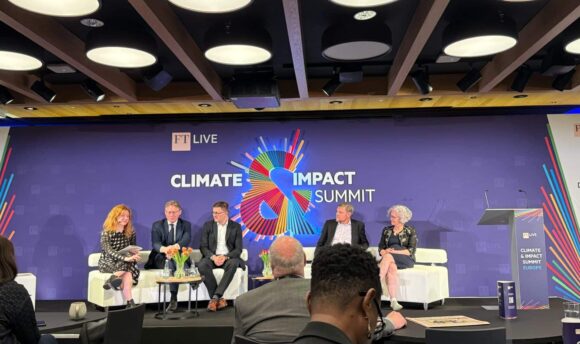In surprise announcements, the two largest life insurance companies of Japan have indicated that they will stop financing new coal projects. In late April, Nippon Life Insurance, the largest Japanese insurance company, announced that it was considering an end to new lending for coal power stations and increasing the assets it invests according to ESG criteria to from 200 to 700 billion yen (USD 6.4 billion).
Yesterday, Dai-ichi Life Insurance, the country’s second largest insurer, followed suit and announced that it would also end financing large overseas coal power stations. Loans for domestic coal projects will be judged on a case-by-case basis. Neither Nippon nor Dai-ichi Life Insurance will divest their equity holdings in coal companies.
Investments in project finance are attractive for insurance companies because the yields on their traditional investments in bonds have fallen so low. Even so, an executive for Dai-ichi Life said that the company would no longer finance coal projects because “it is a global trend that coal should be stopped”. Japanese-funded coal projects in Southeast Asia, for example the proposed Cirebon and Indramayu projects in Indonesia, have triggered strong international controversy.
As life insurers, Nippon and Dai-ichi Life are major investors and financiers but don’t offer insurance services to coal companies. Hopefully their recent moves will inspire other Japanese insurers which actively underwrite coal, such as Tokio Marine and Sompo, to take action as well.
In a statement, the Japan Center for a Sustainable Environment and Society (JACSES) and four other Japanese NGOs said: “We welcome the news of the Dai-ichi Life Insurance Company adopting a policy to end new project financing for overseas coal power plants. As far as we know this is the first time that a Japanese financial institution has announced such a policy indicating the first step towards divestment from coal development. We commend this forward-thinking action taken by the Dai-ichi Life Insurance Company.”
However, the NGOs warned, “science indicates that we cannot allow any new coal plants to be built if want to keep global warming well below 2 degrees Celsius as set out in the Paris Agreement and prevent catastrophic climate change. So we compel the Dai-ichi Life Insurance Company to take a step further by also restricting project finance for domestic coal power plants projects as well.’
The steps of the Japanese insurers are for now very modest. They are still significant because Japanese civil society groups have so far not targeted insurers’ support for the coal sector. JACSES will score the policies of eight major Japanese insurance companies in the coming month and plans to publish an insurance report as part of the international Fair Finance Guide project in July.



